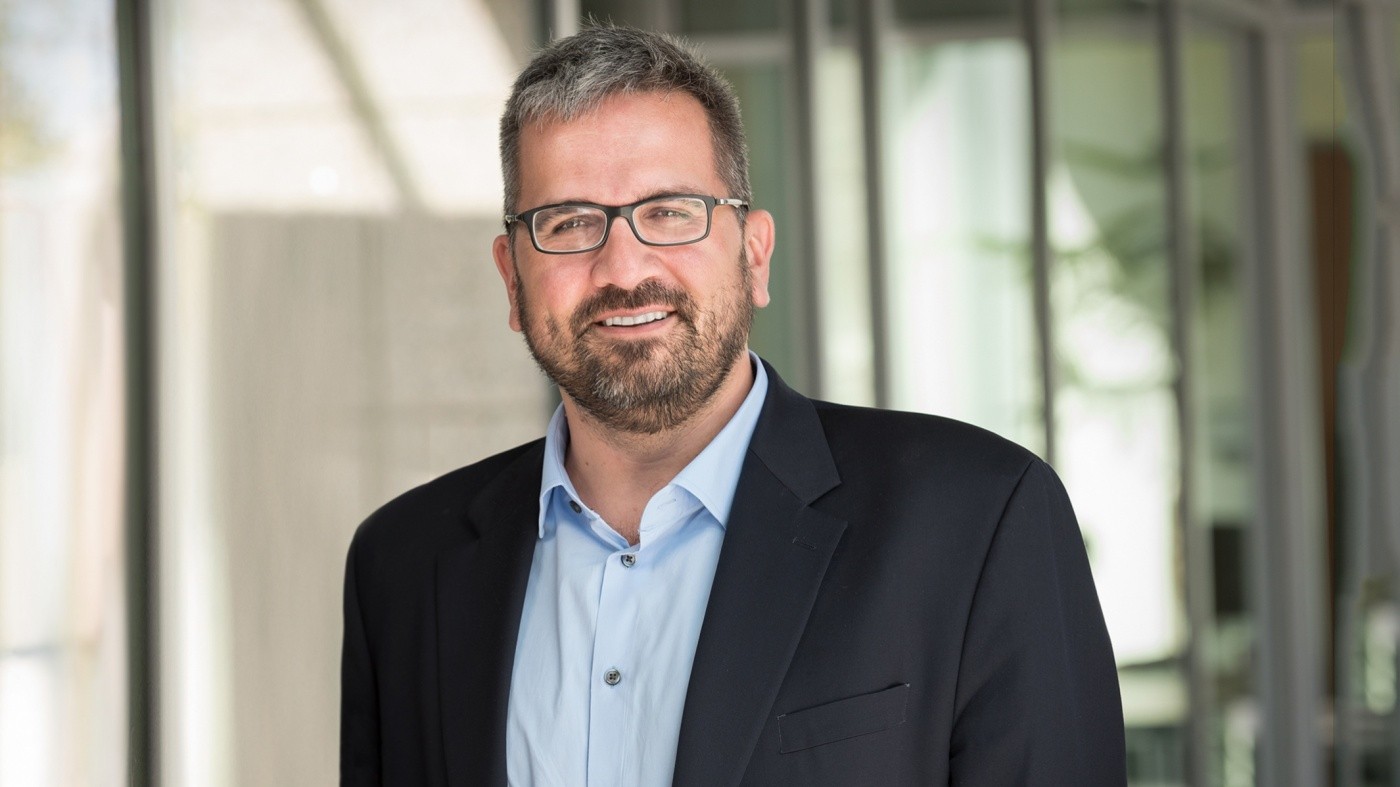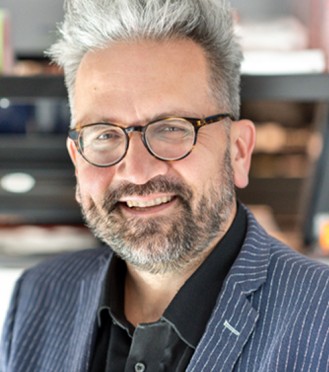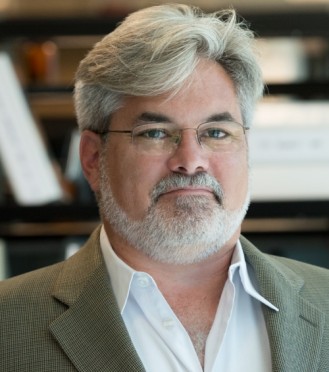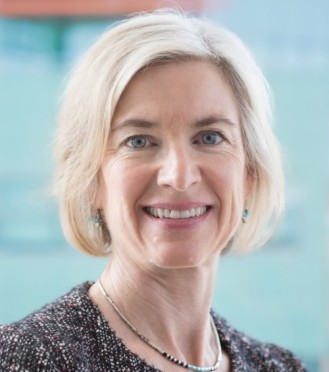Gladstone NOW: The Campaign Join Us on the Journey✕

Nevan Krogan is one of the founding investigators of the new Psychiatric Cell Mapping Initiative, which is led by researchers at Gladstone and UC San Francisco
Scientists have struggled for decades to crack the code of psychiatric disorders, but advances in understanding the biology of these conditions have not led to a successful new therapy in 70 years. The drugs that exist for diagnoses like schizophrenia, depression, and autism spectrum disorder are blunt, imprecise tools that do not address the full range of symptoms and often do not bring adequate relief.
But while psychiatric drug research has stagnated, and the pharmaceutical industry has largely abandoned its search for the next Prozac, research on the genetics of these disorders has blossomed.
Now a group of biologists, psychiatrists, and geneticists led by researchers at UC San Francisco and the Gladstone Institutes is leveraging that progress to forge a new path toward novel treatments for these conditions.
Armed with an $18-million grant awarded by the National Institutes of Health on September 5, 2018, the researchers are launching the Psychiatric Cell Map Initiative (PCMI), a collaborative effort to chart how gene mutations lead to psychiatric disorders in the hopes of identifying new drug targets that could prevent, treat, or even cure these conditions.
The PCMI was founded by the UCSF Quantitative Biosciences Institute (QBI) in collaboration with the Department of Psychiatry at UCSF. Founding faculty include QBI Director Nevan Krogan, PhD, a Gladstone senior investigator and a professor of cellular and molecular pharmacology at UCSF; Matthew State, MD, PhD, the Oberndorf Family Distinguished Professor and chair of psychiatry at UCSF; and Jeremy Willsey, PhD, an assistant professor in the Department of Psychiatry and the Institute for Neurodegenerative Diseases at UCSF.
The new initiative—outlined in a Perspective article published in Cell on July 26, 2018—involves a diverse set of collaborators from across UCSF, Gladstone, and the University of California system, including Jennifer Doudna, PhD, of UC Berkeley, UCSF, and the joint UC Berkeley–UCSF Innovative Genomics Institute, who recently opened a new laboratory at Gladstone to pursue biomedical applications of genome editing, as well as Steven Finkbeiner, MD, PhD, a Gladstone investigator and UCSF professor of pharmaceutical chemistry, and Trey Ideker, PhD, a computational biologist at UC San Diego. Collaborators from UCSF include David Agard, PhD; Martin Kampmann, PhD; Michael Keiser, PhD; Tomasz Nowakowski, PhD; Brian Shoichet, PhD; and Mark von Zastrow, MD, PhD.
PCMI will first tackle autism spectrum disorder, one of the best genetically characterized disorders. The researchers also plan to apply their method to Tourette disorder, childhood-onset epilepsy, and intellectual disability in the near future. In addition to helping them understand each disorder on its own, the scientists believe the cell maps will reveal overlapping proteins and pathways shared among the different diagnoses.
For Media
Julie Langelier
Associate Director, Communications
415.734.5000
Email
About Gladstone Institutes
Gladstone Institutes is an independent, nonprofit life science research organization that uses visionary science and technology to overcome disease. Established in 1979, it is located in the epicenter of biomedical and technological innovation, in the Mission Bay neighborhood of San Francisco. Gladstone has created a research model that disrupts how science is done, funds big ideas, and attracts the brightest minds.
Support Discovery Science
Your gift to Gladstone will allow our researchers to pursue high-quality science, focus on disease, and train the next generation of scientific thought leaders.
CIRM Awards $7.5 Million in Discovery Grants to Gladstone Investigators
CIRM Awards $7.5 Million in Discovery Grants to Gladstone Investigators
Two ambitious research projects led by Gladstone investigators are boosted by funds from the California Institute for Regenerative Medicine.
Grants News Release Congenital Heart Disease Cardiovascular Disease Bruneau Lab Conklin Lab CRISPR/Gene Editing Human Genetics Regenerative MedicineKarin Pelka Wins Grant to Advance Immunotherapy for Colorectal Cancer
Karin Pelka Wins Grant to Advance Immunotherapy for Colorectal Cancer
The Colorectal Cancer Alliance has awarded Pelka a $500,000 grant to develop novel immunotherapies that overcome the most common form of colorectal cancer.
Grants News Release Cancer Pelka Lab2025 Searle Scholar Andrew Yang to Expand Inquiry into Blood-Brain Barrier
2025 Searle Scholar Andrew Yang to Expand Inquiry into Blood-Brain Barrier
The Gladstone scientist has received a prize to study how molecules cross the blood-brain barrier and influence brain health.
Grants News Release Neurological Disease Yang Lab






